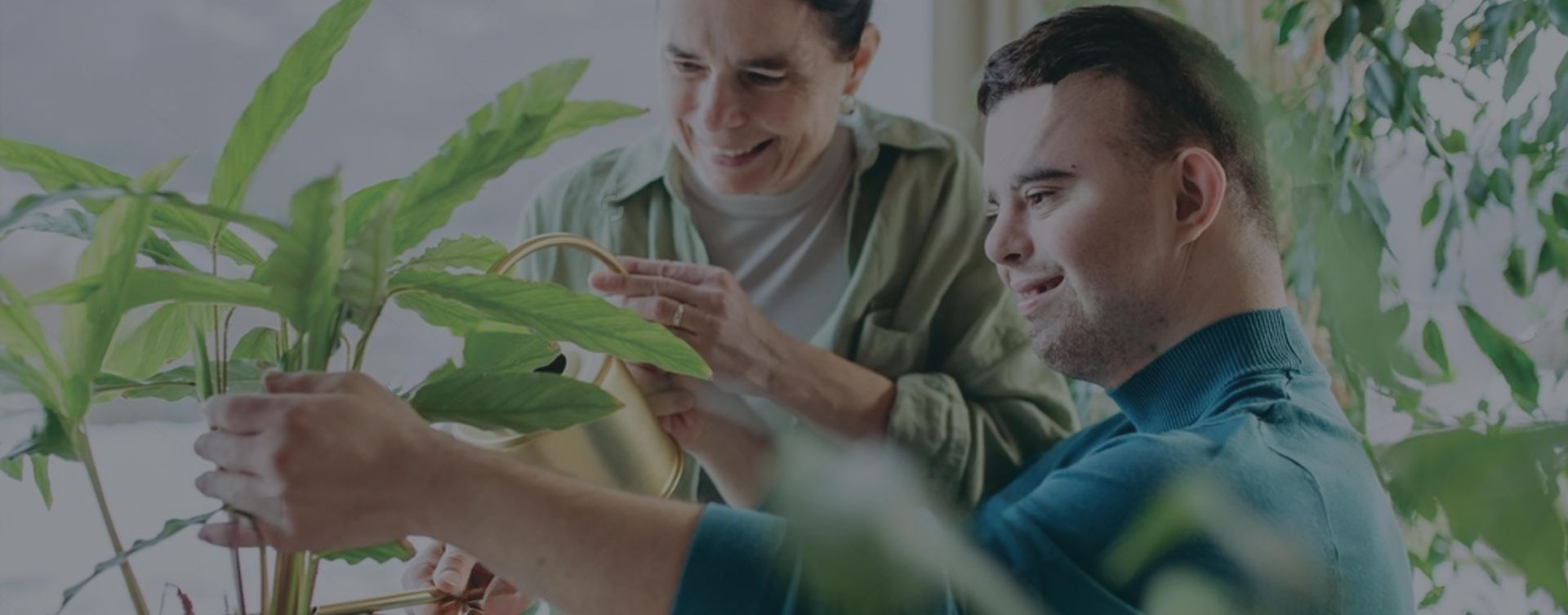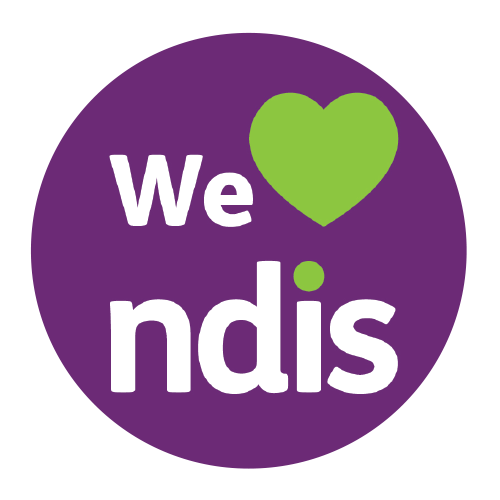Autism Awareness Month – Light it up Blue!
Autism is not a disability; it is a different Ability.
In the early 20th Century if you had mentioned the word Autism, many people would only have known about the severest of cases, bringing connotations of a serious disability that meant serious developmental delays and little opportunity for individuals with Autism to function as normal members of society. It was a grossly misrepresented disorder, and many individuals went undiagnosed.

Autism Awareness Day was presented and proposed to the United Nations in 2007 and was formally accepted and acknowledged as a matter of Human Rights – where the first International Autism Awareness Day was observed in 2008.
April is now recognised as Autism Awareness Month, preceded by the UN sanctioned Autism Awareness Day on the 2 April.
What is Autism?
Autism falls on the spectrum of Neurodiversity disorders that affects how an individuals brain works. As research has greatly progressed, varying degrees (or rather a spectrum) of Autism is recognised and statistics show that 1 out of 68 children are diagnosed with Autism, with boys being 5 times more likely to be affected. Whilst it was initially thought to be a predominant disorder in childhood, we have learnt that many adults are also affected and due to under diagnosis in early years, we are beginning to understand how Autism presents itself in adulthood. Through awareness and advocacy, we are now acknowledging the effect of what was a ‘silent’ disorder that many people struggled with and manage through ‘Masking’, which is where individuals have learnt cues that are considered ‘normal’ in society and find ways to hide their difficulties (which have often been labelled as psychiatric problems, pre-diagnosis)
Common Autism Signs and Symptoms
- Interpersonal and Communication difficulties, which can be observed through difficulty understanding abstract conversation such as sarcasm, taking it as a literal meaning. Responses may come across as blunt or rude (however this is never the intention)
- Difficulty making Eye Contant
- Social Anxiety, leading to isolation or a preference for being alone.
- Intense interest and knowledge on particular subjects (Autistic individuals are often highly intelligent and they will commit themselves to learning an incredible amount of knowledge and factual information about their topics of interest)
- Sensory disturbances. These may be loud noises, difficulty with food textures and taste, and tactile (touch) sensitivities, such as aversity to certain fabrics and textures.
- Sensory seeking – often when an individual with Autism is experiencing anxiety or distress, they may seek out behaviour such as repetitive movements, chewing on items and the need to comfort themselves with safe items such as a blanket or fidget item, which can help calm their nervous system -helping to prevent a sensory meltdown or outburst. Just as we all have our level of tolerance to certain parts of life, these outbursts need to start to be understood as an overload that requires a break or some quiet time.
As part of Autism Awareness, we need to start to look beyond the differences and look at the significant input they bring to society. If we can stop looking at the ‘problematic’ behaviour and develop compassion and understanding; we start to understand that these are things that we can work around and bring positivity and a wealth of strong traits that individuals with Autism possess – both in childhood and in adulthood.
In speaking about bringing understanding to both schools and workplaces, it is empowering to know that Autistic individuals in an inclusive school and workplace are bringing incredible interactions and a commitment to excellence in the workspace. As more and more people speak out about their experience of being on the spectrum, there have been huge advances in the psychiatric and medical communities that have encouraged conversations about our treatment protocols - practicing looking at our own communication styles and acceptance of other diverse minorities and fostering inclusion.
With training, mentorship and some flexibility, individuals on the spectrum are thriving in jobs from government, media, communications, and financial institutions. This includes the bonds that are formed between learners and colleagues which are rich and rewarding.
‘Neurotypical’ individuals are realising that they are learning a lot about themselves, rather than sitting on the notion that relationships between Neurodivergent and Neurotypical involves a one-way learning curve.
Let’s keep the conversation flowing…
It’s a fundamental human right…
And it's an integral part of creating a society that fosters uniqueness and a wealth of information, leading to transformation of ‘societal norms’ and a creating a rich and diverse culture.
HELPFUL AUTISM INFORMATION AND RESOURCES





